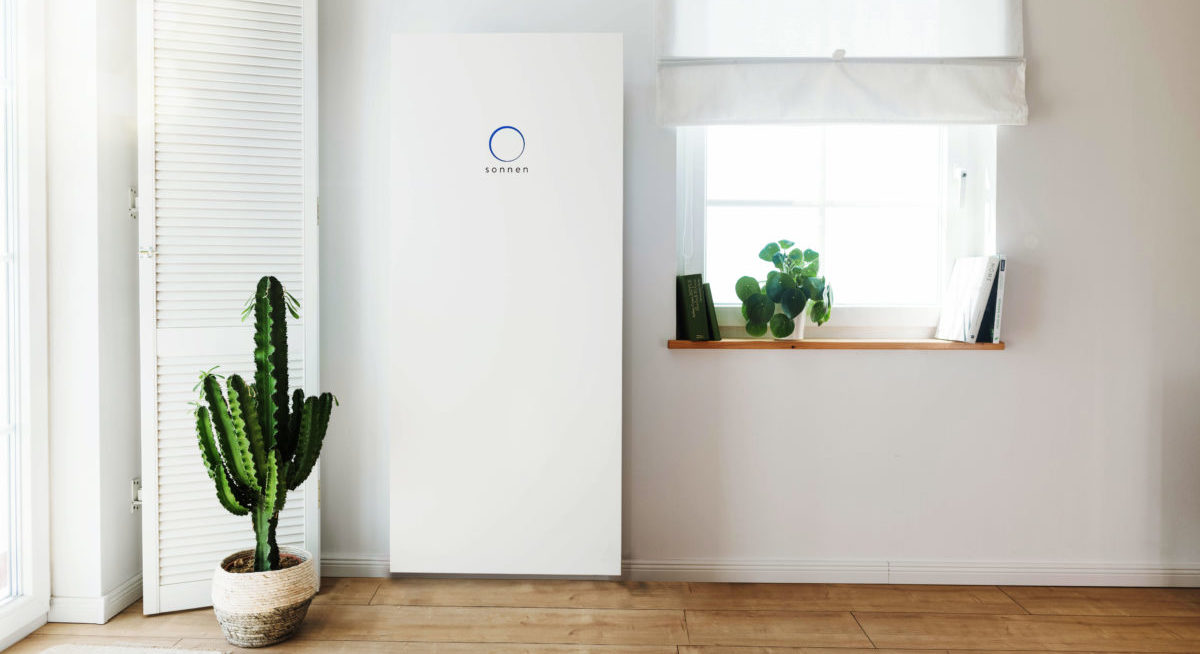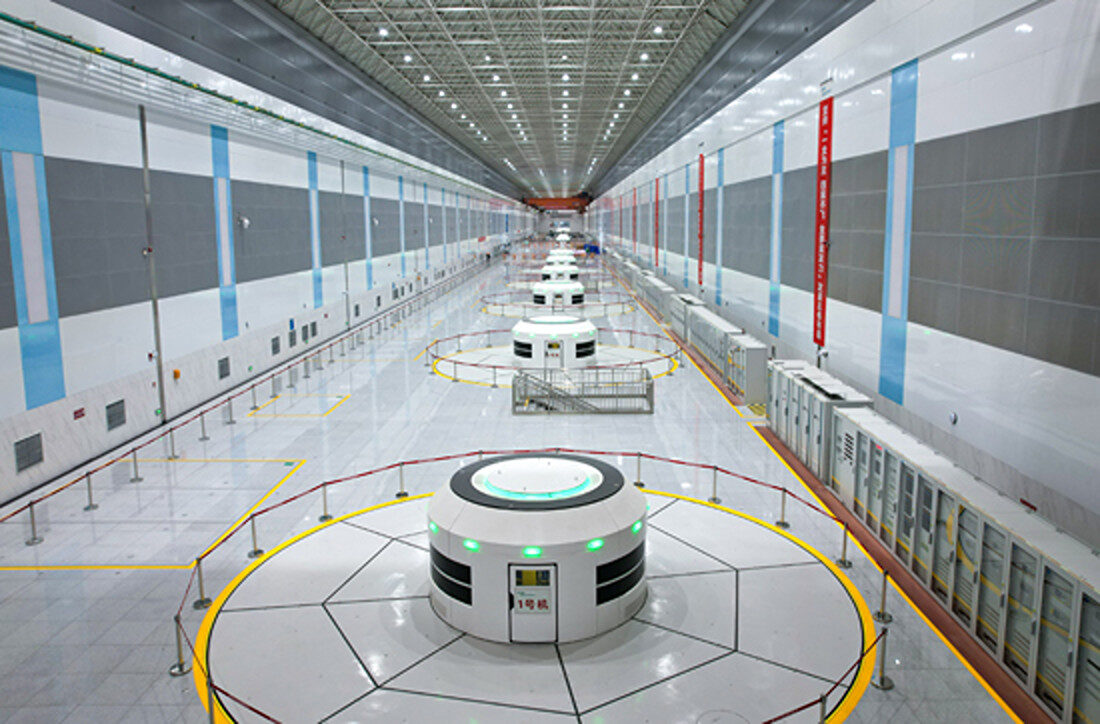From pv magazine Germany
In the town of Dietfurt, Germany, Technische Universität München (TUM) simulated the energy system of the future for a period of six months. Seven households were involved in the “BASE.V” project, which tested electricity trading between neighbors.
The project was designed to investigate what would happen in the power grid if the number of households that produce their own electricity with PV systems, storage and electric cars continues to increase in the future. The results show that the purchase and sale of electricity can reduce consumption peaks and avoid grid bottlenecks when there is an economic incentive. In other words, grid stability benefits from smart energy management.
The industrial partner for the research project, which was funded by the Bavarian Ministry of Economic Affairs, was German battery provider Sonnen. It equipped the seven test households in Bavaria with PV systems, batteries and electric cars with charging stations. The participants could then buy or sell the electricity via a central peer-to-peer trading platform. The individual trading orders were executed via “smart contracts,” which were processed via a blockchain run by German automation solutions specialist Moxa.
“The special requirements of a field experiment have confirmed the easy remote maintenance capability of our IoT platform. Not a single change required an on-site visit from our experts,” said Martin Jenkner, project manager for Moxa Europe. “We were able to remotely manage any update we wanted to the gateway throughout the trial.”
The successful pilot test was also an important indicator for the involved network operators.
“More than 350,000 decentralized generation systems are already feeding into the regional power grid of Bayernwerk Netz GmbH. In addition to the increasing number of decentralized photovoltaic systems on the generator side, there are more and more heat pumps and electric cars on the consumer side,” said Stefan Bergermeier, a project manager for Bayernwerk Netz. “Together with a high level of simultaneous consumption and generation, this represents a major challenge for the local grid.”
The project showed that incentives-based, neighborhood electricity trading complemented the necessary grid expansion in a sensible manner.
“Peer-to-peer trade between households is not a dream of the future, but can be implemented today with the technical possibilities,” said Susan Käppeler, country manager for Sonnen DACH. “Both in terms of storage options and intelligent control. In order to make such solutions accessible to people, we need a digital energy infrastructure in which smart meters are the absolute basic requirement.”
This content is protected by copyright and may not be reused. If you want to cooperate with us and would like to reuse some of our content, please contact: editors@pv-magazine.com.




2 comments
By submitting this form you agree to pv magazine using your data for the purposes of publishing your comment.
Your personal data will only be disclosed or otherwise transmitted to third parties for the purposes of spam filtering or if this is necessary for technical maintenance of the website. Any other transfer to third parties will not take place unless this is justified on the basis of applicable data protection regulations or if pv magazine is legally obliged to do so.
You may revoke this consent at any time with effect for the future, in which case your personal data will be deleted immediately. Otherwise, your data will be deleted if pv magazine has processed your request or the purpose of data storage is fulfilled.
Further information on data privacy can be found in our Data Protection Policy.